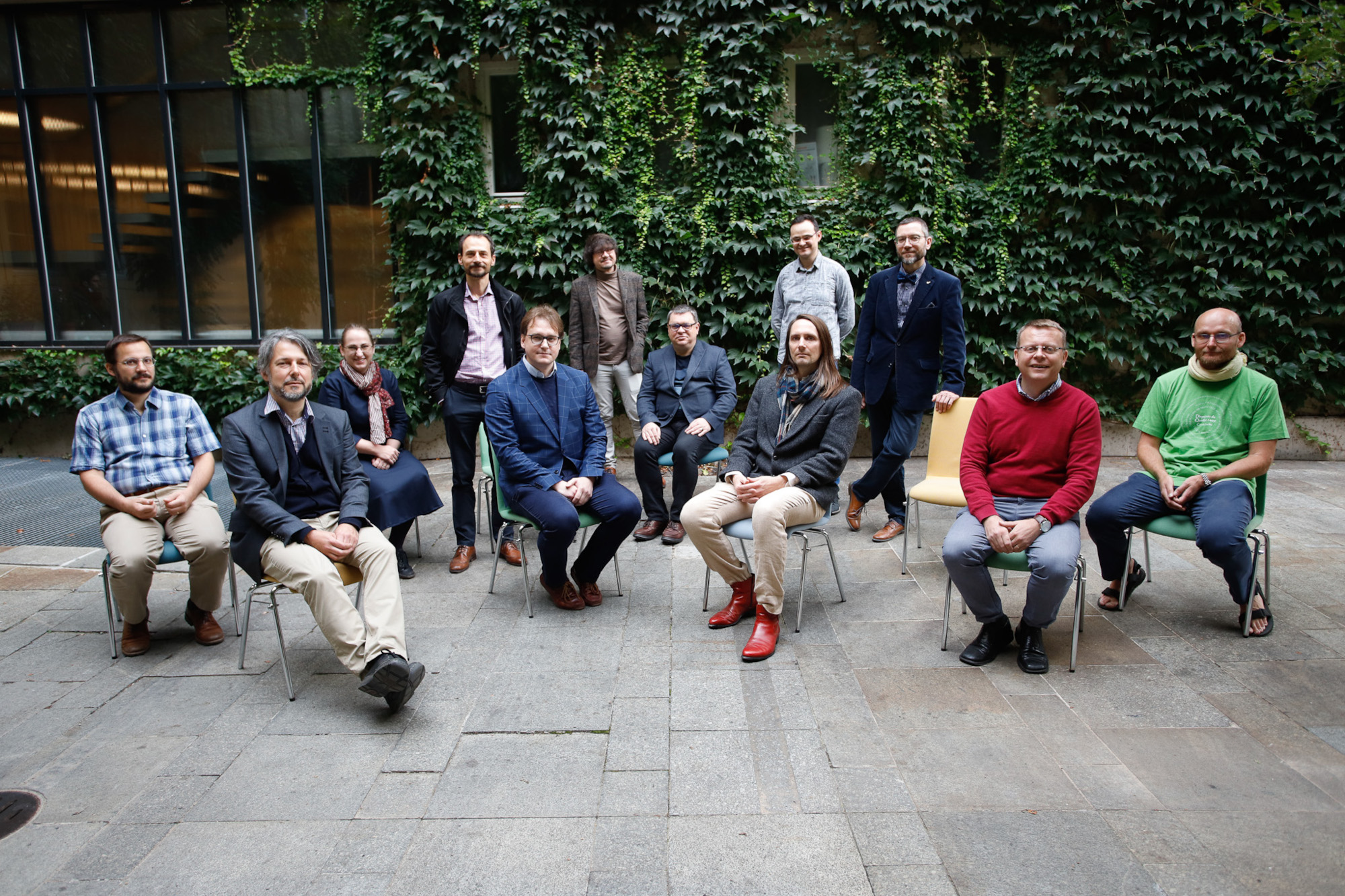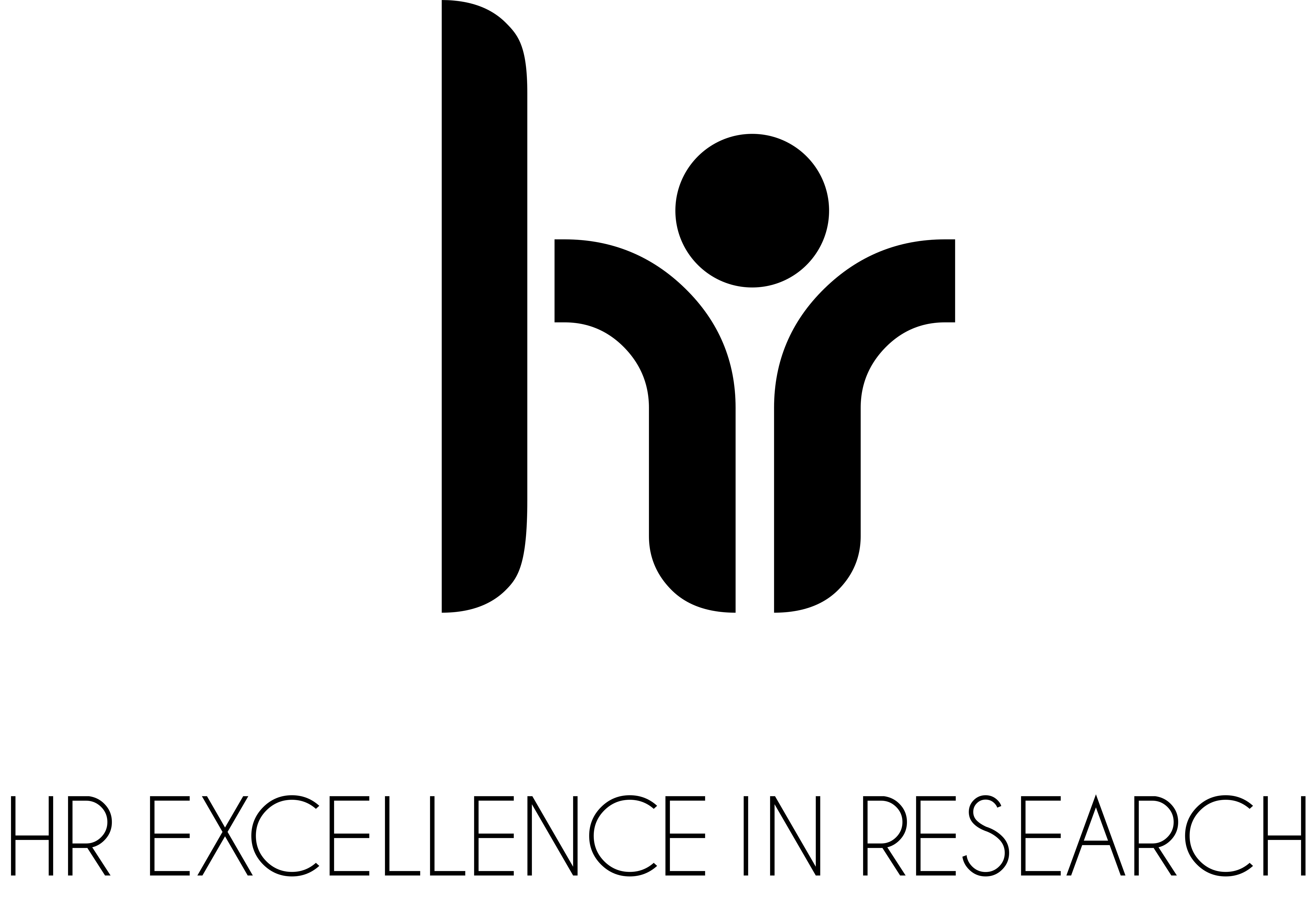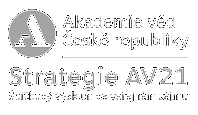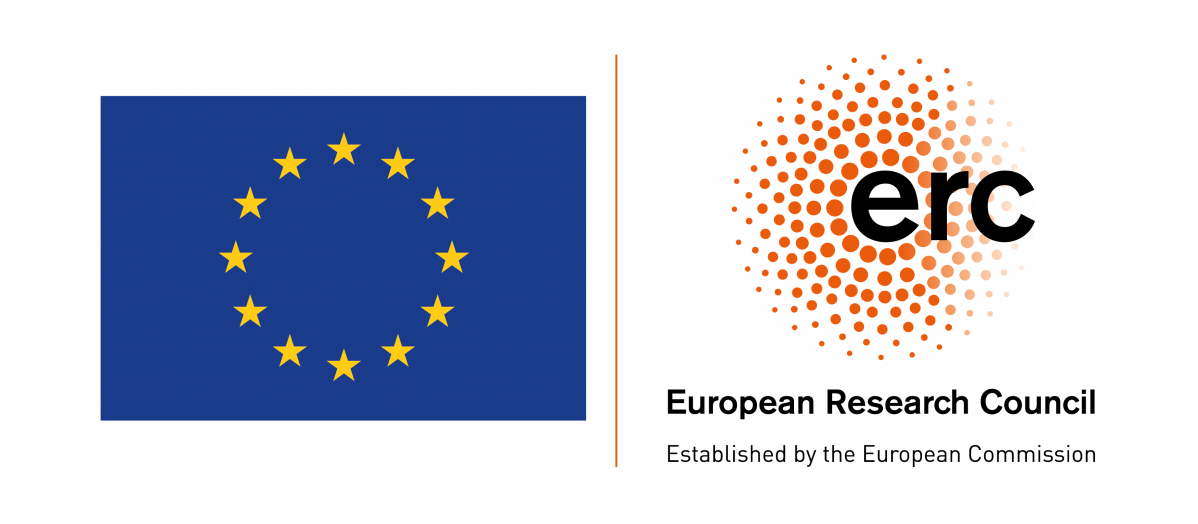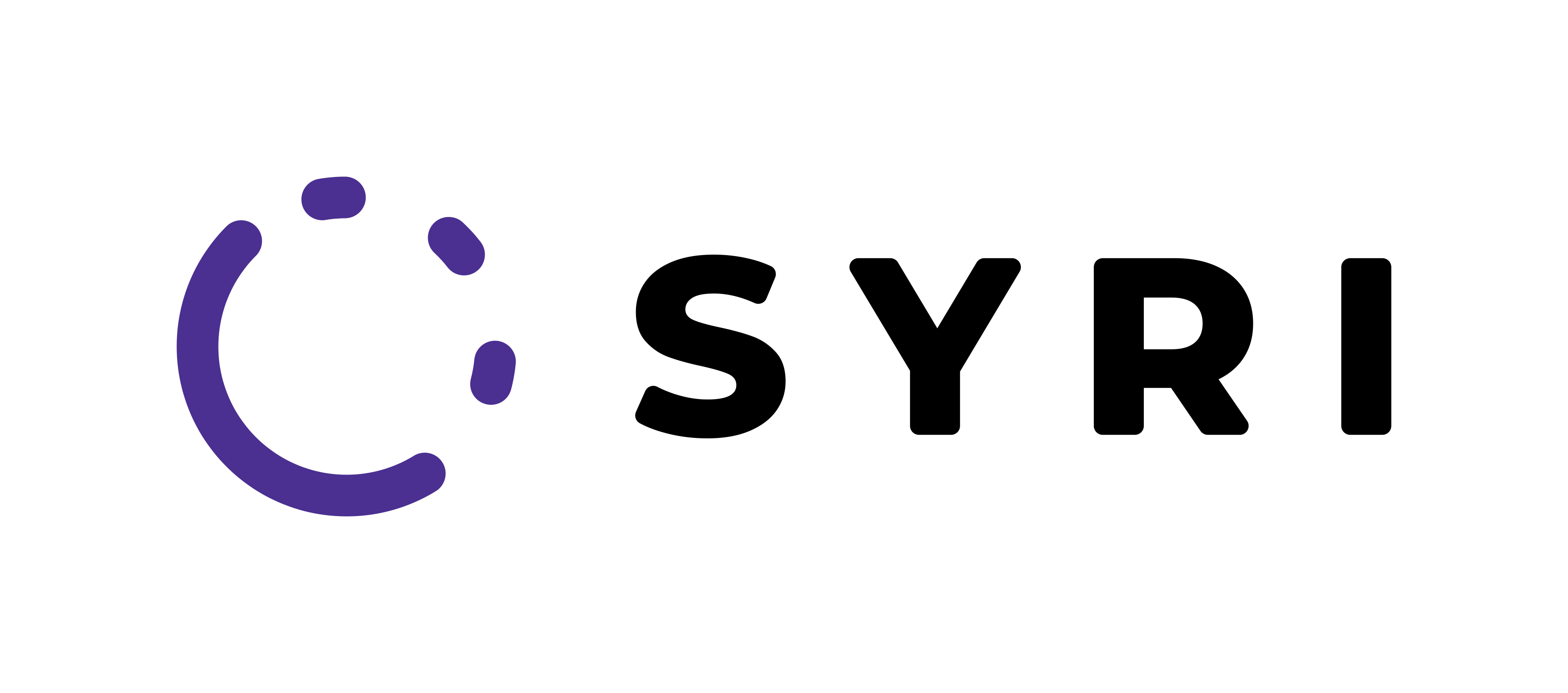Department for the Study of Ancient and Medieval Thought

head
doc. Mgr. Petr Dvořák, PhD.deputy heads
Dr. phil. Pavel Blažek, Mgr. Vladimír Mikeš, Ph.D., Mgr. Ota Pavlíček, Ph.D. et Th.D.staff
Dr. Phil. Pavel Blažek
Mgr. Kryštof Boháček, Ph.D.
MA Sean Coughlin, Ph.D.
ThLic. Mgr. Petr Dvorský, PhD.
doc. Petr Dvořák, Ph.D.
Mgr. Miroslav Hanke, Ph.D.
Mgr. Matyáš Havrda, Ph.D., DSc.
doc. PhDr. Petr Hlaváček, Ph.D.
PhDr. Efrem Jindráček, Ph.D.
Mgr. Kateřina Kutarňová, Ph.D.
Mgr. Lukáš Lička, Ph.D.
Mgr. Vladimír Mikeš, Ph.D.
doc. Václav Němec, Ph.D.
Mgr. Lukáš Novák, Ph.D.
Dr. Aurora Panzica
Mgr. Ota Pavlíček, Ph.D. et Th.D.
Lucie Rathouzská, Ph.D.
doc. David Svoboda, Ph.D.
doc. Mgr. Tomáš Vítek, Dr., DSc.
Dr. Volodymyr Volkovskyi
Emeritus scholars
Department for the Study of Ancient and Medieval Thought consists of five sub-teams with more or less independent research programs: Research Team for Ancient Philosophy, TRANSED (Translations and editions) team, TRIPTIC-EU (Research Team for Transdisciplinary Investigation of Philosophical, Textual and Intellectual Culture in the Early Universities), Research Team for the Study of Late Scholasticism (in cooperation with the Faculty of Theology, University of South Bohemia), and, finally, a joint research group Collegium Europaeum (with the Faculty of Arts, Charles University).
Research Team for Ancient Philosophy covers the Presocratics, Plato, Aristotle, the Stoics, Galen and the late Platonists. (Besides their particular research projects, the members focus on several collective activities which serve as valued places of encounter for the larger community of ancient philosophy specialists in the Czech Republic). Research results are published as monographs and scholarly papers, e.g. V. Mikeš, Le paradoxe stoïcien: liberté de l'action déterminée, Paris: Vrin 2016; H. Kurzová, Interpretationen zu Heraklit, Innsbruck: Institut für Sprachen und Literaturen der Universität Innsbruck, 2014. Among the projects of the team the most important are the Fellowship of J. E. Purkyně (M. Havrda) and a two-year research project (EU Structural and Investment Funds) with the University of Leeds (IDEA Centre) – “Stoic rhetoric in the context of ancient philosophical rhetoric”, 05/2018-04/2020 (V. Mikeš). Until 2010 the team was led by an important Czech scholar, doc. Milan Mraz, CSc, whose main focus was on Aristotle. 2014 was the retirement year of Prof. Helena Kurzová who continues to support the team as a professor emeritus.
TRANSED focuses on editions, translations and studies of primary sources related to medieval Aristotelianism, philosophy in medieval Bohemia, and scholastic theology. Recent publications include editions of Paolo Soncino, Štěpán of Páleč, and Berthold of Regensburg. Current research projects include a study and edition of Prague quodlibeta and of the Clipeus thomistarum by Petrus Nigri. Having previously existed informally, TRANSED was formally established in 2015.
TRIPTIC-EU (Research Group for Transdisciplinary Investigation of Philosophical, Textual and Intellectual Culture in the Early Universities) focuses on research into intellectual production of late medieval and early modern universities, with a special emphasis on the University of Prague; medieval origins of the natural sciences; medieval and early modern intellectual practice, with a special emphasis on quodlibetal disputations and other collective debates in Faculties of Liberal Arts and other non-theological faculties; Digital Humanities as a tool for processing and presenting medieval and early modern textual corpora and building research infrastructures.The group organises regular international conferences Studying the Arts in Medieval Bohemia and annual international workshops on the same topic with overlaps into the pan-European space; and a series of talks entitled Digitizing the Past: Prague Talks on Digital Humanities. Furthermore, TRIPTIC-EU runs the IPA editorial series (Intellectual Practice and Thought at Late Medieval and Early Modern Universities) published with Brepols. Among other projects, TRIPTIC-EU includes the project ACADEMIA on the late medieval and early modern quodlibetal debates which is supported by a grant from the European Research Commission (ERC).
Research Team for the Study of Late Scholasticism focuses on the research into early modern scholasticism, roughly from 1500 AD to 1700 AD. The work is partly historical in nature, partly systematic and comparative: bridges are made from scholasticism to issues in current analytic philosophy (logic, philosophy of religion, philosophy of language, philosophy of mind, metaphysics, ethics, etc.) in the spirit of the Anglo-American analytic approach to scholasticism. The work is mainly undertaken under the auspices of the Joint Research Group for the Study of Post-Medieval Scholasticism through which the department cooperates with the Faculty of Theology, University of South Bohemia, České Budějovice on a formal basis (since 2008). Besides carrying out individual research grants awarded by the Czech Science Foundation, members of the team took part in the larger Czech Science Foundation project CSF 14-37038G “Between Renaissance and Baroque: Philosophy and Knowledge in the Czech Lands within the Wider European Context” (2014–2018) along with researchers from three different institutions (Czech Academy of Sciences, University of South Bohemia and Palacky University).
Collegium Europaeum, a joint research group with the Faculty of Arts, Charles University, concentrates on interdisciplinary investigation and critical reflection of Europe’s cultural, intellectual and political identities. Among the outputs are monographs such as these: J. P. Arnason – P. Hlaváček et al., Mitteleuropa? Zwischen Realität, Chimäre und Konzept (2015); P. Hlaváček (ed.), Západ, nebo Východ? České reflexe Evropy (2016); P. Hlaváček – V. Bělohradský et al., Proč jsme Západ? Češi, Evropa a Západ mezi minulostí a budoucností (2016). The team publishes The Bohemian Reformation and Religious Practice and Europaeana Pragensia book series. The most important research projects in which the team has taken part include Marginalité, économie et christianisme (2012–2016, with University of Rennes); The Contexts of the Czech and Polish messianism / exceptionalism (2019, with The Centre for the Thought of John Paul II, Warsaw). The group started its activities in 2008 on the basis of an agreement between the Faculty of Arts, Charles University and the Institute of Philosophy, CAS.
